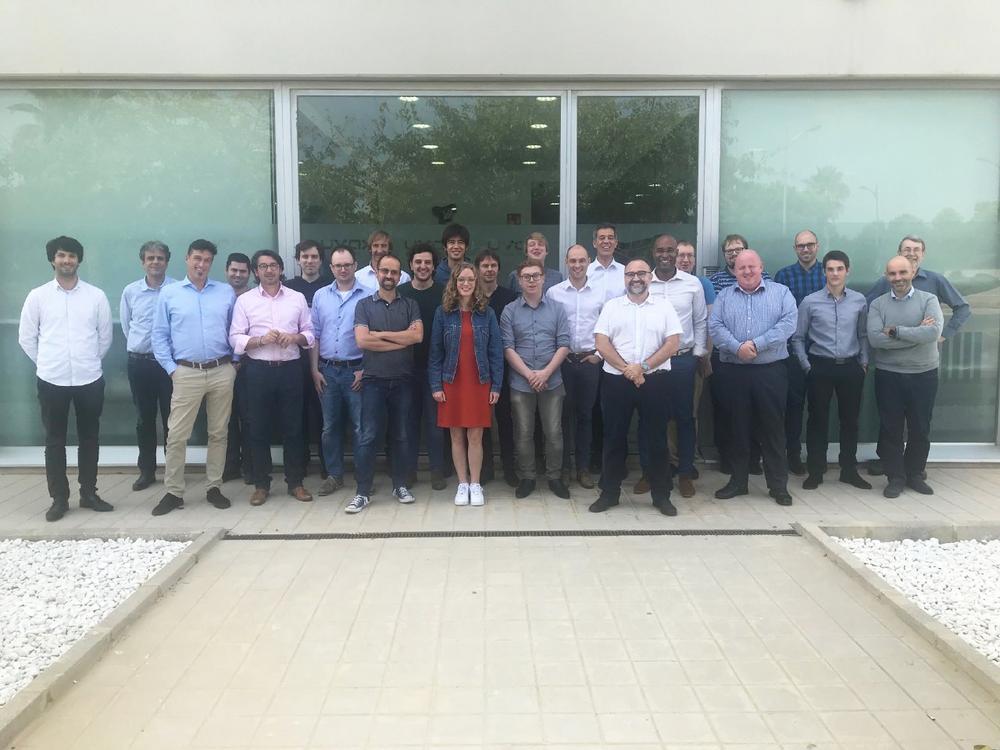Cities require interoperability between smart city products from various vendors to avoid being locked in by proprietary systems. They may also need several smart city vertical apps to be controlled within a single central management software. That’s why the TALQ Consortium developed the Smart City Protocol to unify systems from multiple suppliers addressing a range of smart city use cases. Thanks to the TALQ Version 2.0 smart city protocol, cities are now able to select devices and networks from multiple vendors and control them through a single Central Management Software. TALQ has also developed a certification program to guarantee interoperability for cities.
TALQ version 2.0 is based on globally accepted principles: a RESTful approach and associated JSON device and resource data models. This makes it easy to integrate into both Central Management Software and Outdoor Device Networks. Over the past few months, many member companies of the TALQ Consortium have started to support the TALQ Smart City protocol in their systems. Together with other companies who are planning to start the implementation shortly, they came to Valencia for two days of a TALQ developer’s workshop and plug fest.
During the plug fest session, seven TALQ implementations were tested and all Central Management Software could control, command and monitor all smart city networks and gateways. Even though several new features were added compared to TALQ version 1 – including device commissioning, multiple CMS and other smart city vertical applications – attendees stated that TALQ Version 2.0 is much simpler to integrate than version 1. Furthermore, the session was a new opportunity for the TALQ members to test the TALQ test tool, clarify some complex use cases and fix minor issues. With thirteen companies from six countries, this TALQ developer’s workshop demonstrated the fast-growing awareness and interest from the smart city industry in providing interoperability to cities.
The TALQ team is now preparing the formal certification program expected to be ready in Spring of 2019.
Founded in 2012, the TALQ Consortium is establishing a globally accepted standard for management software interfaces to control and monitor heterogeneous smart city applications. The TALQ Smart City Protocol is a specification for information exchange, suitable for implementation in various products and systems. This way interoperability between Central Management Software (CMS) and Outdoor Device Networks (ODN) from different vendors will be enabled, such that a single CMS can control different ODNs in different parts of a city or region.
TALQ is an open industry consortium currently consisting of the following member companies:
citelum Citégestion , Current – powered by GE, Harvard Engineering, HEI Technology International, Itron, Schréder, Telensa, Trilliant, UVAX Concepts, Bouygues, BeeZeeLinx, CAOS Computersoftware, CAPELON, Cimcon Lighting, Crompton, Dhyan, DimOnOff, efacec, Flashnet, Future Intelligence, infomir, IoT Sense, LED Roadway Lighting, Lightronics, Lucy Zodion, Mayflower Complete Lighting Control, Neptun Light, NETAS, novaccess, OMA Lighting, Petra Systems, SELC Ireland, Sinapse Energia, smartnodes, Telematics Wireless, TRIDIUM, UMPI, Unicoba Energia, WAVENET, zumtobel group.
For more information visit www.talq-consortium.org
TALQ Consortium
445 Hoes Lane
USANJ 08854 Piscataway, NJ
Telefon: +1 (732) 4655817
Telefax: +1 (732) 981-9473
http://www.talq-consortium.org/
TALQ Communications Consultant
E-Mail: talk2@talq-consortium.org
